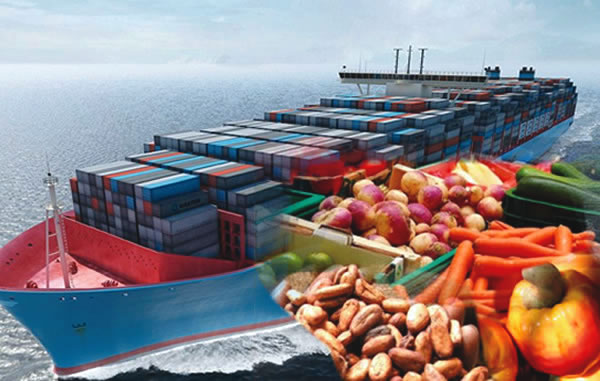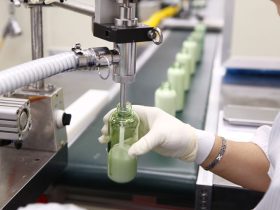
Senegal’s main imported goods
Senegal, located in West Africa, has a dynamic economy with significant imports to meet the needs of its population and industries. The country’s import portfolio reflects its growing economy, infrastructure development, and reliance on foreign goods to supplement local production. Below is an overview of Senegal’s main imported goods:
1. Petroleum Products
Petroleum and its derivatives are Senegal’s largest imports, used primarily to meet domestic energy demands. These products include crude oil, refined petroleum, and gas. The country relies heavily on imports to fuel its transportation sector, power generation, and industrial needs. Petroleum imports account for a significant percentage of Senegal’s trade expenditures.
2. Food and Agricultural Products
Senegal imports a substantial quantity of food and agricultural products to support its population. Major food imports include rice, wheat, and maize, as the domestic production of staple crops is insufficient to meet demand. Other imported items include sugar, dairy products, and edible oils. The heavy reliance on food imports makes food security a key focus of national policy.
3. Machinery and Equipment
The importation of machinery and industrial equipment is crucial for Senegal’s infrastructure projects and industrial sectors. Construction machinery, electrical equipment, agricultural machinery, and transportation equipment are among the most significant imports. These are essential for development initiatives, such as road building, renewable energy projects, and urbanization.
4. Vehicles
The demand for motor vehicles, including passenger cars, trucks, and buses, is high in Senegal. The country imports vehicles primarily from Europe, Asia, and the United States. These vehicles support personal transport, public transit, and industrial logistics. Used vehicles dominate the import market, as they are more affordable for the average consumer.
5. Pharmaceuticals and Medical Supplies
Senegal heavily depends on imported pharmaceuticals and medical supplies to meet the healthcare needs of its population. These imports include essential medicines, vaccines, diagnostic equipment, and hospital supplies. The healthcare sector relies on international partnerships to ensure the availability of life-saving products.
6. Consumer Goods
Consumer goods, such as clothing, electronics, and household items, form another significant portion of Senegal’s imports. Mobile phones, televisions, and other electronic devices are in high demand, driven by the country’s increasing urbanization and modern lifestyle. Additionally, textiles and apparel are often imported to meet domestic fashion trends.
7. Chemicals and Fertilizers
Chemicals, including industrial chemicals, fertilizers, and cleaning products, are important imports for Senegal. Fertilizers are essential for boosting agricultural productivity, while other chemicals are used in various industrial processes, including manufacturing and construction.
8. Construction Materials
With a booming construction sector, Senegal imports a wide range of construction materials. Cement, steel, and aluminum products are the most notable imports, supporting large-scale projects like residential buildings, bridges, and commercial infrastructure.
9. Electronics and Telecommunications Equipment
The rise of digitalization in Senegal has led to increased imports of electronic goods and telecommunications equipment. Mobile phones, computers, and networking devices are crucial for supporting the country’s expanding digital economy and ICT sector.
10. Textiles and Footwear
Textiles and footwear are also significant imports. These products cater to the local demand for clothing and shoes, much of which is driven by urban markets and the growing middle class.
Key Trading Partners
Senegal imports goods from diverse countries, with major trading partners including China, France, India, and the United States. France maintains a strong trade relationship due to historical ties, while China’s competitive pricing makes it a dominant supplier of consumer goods and machinery.
Conclusion
Senegal’s import profile reflects its economic needs and development priorities. By importing essential goods like petroleum, food, machinery, and pharmaceuticals, the country supports its growing population and infrastructure projects. However, the reliance on imports highlights the importance of policies aimed at boosting local production and reducing dependency on foreign goods.




Leave a Reply